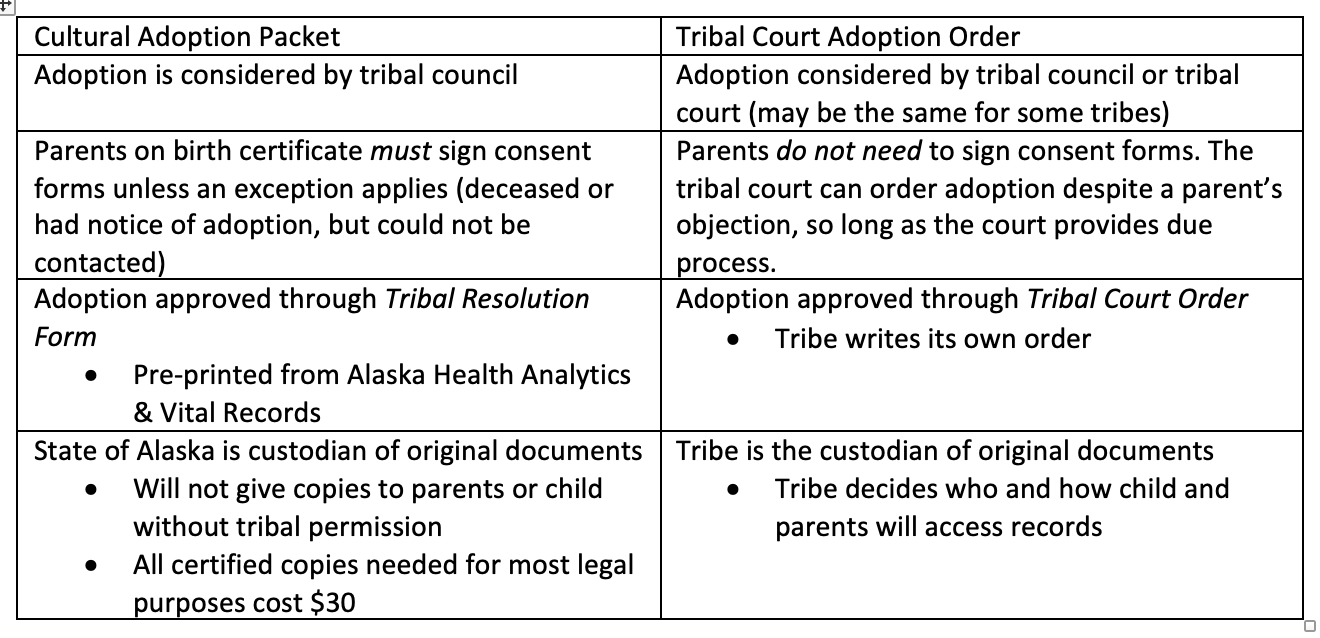
If you are interested in adopting a Virginia child, it is important to understand the state's specific adoption procedures. This article will cover the requirements for open adoptions, including Placement supervision and Home study. You'll also learn about the Re-adoption process, which involves paperwork and is required to be completed in Virginia. This information should help you make a decision about adoption for yourself and your child.
Home study is a major part of the adoption process in virginia
The Virginia adoption agency will conduct a home study to help determine whether an adoptive family can be a good fit for raising a child. It includes a written report on the family's background, current life, and potential for child integration. The home study is designed to be nonjudgmental and educational. Within three years of the completion of an adoption application, a home study must be completed.

Adoption social workers supervise placement supervision
Adopting a child can be a difficult legal and emotional process. You must conduct a home study with an accredited adoption agency in order to assess whether your household is healthy and safe for a child. It involves everyone in your household, including your children. Participation is not open to young children. There could also be moral implications for some crimes. You can get help from a social worker who is trained in Virginia adoption.
Open adoption agreements are legally enforceable in virginia
There are no laws that require adoptive parents readopt their adopted child. An open adoption agreement can be made provided that the birth parent waives any right to adopt their child. Virginia law permits the adoption of any unrelated child, but adoptive parents are not allowed to charge money. They are also allowed to refuse to accept money or property as payment for their child's adoption. These limitations are found in Virginia Statute 64.1218. It is recommended that you consult an attorney before you sign an adoption contract.
Re-adoption requires paperwork
American citizens may re-adopt. The Virginia procedure is mostly paperwork. A Virginia re-adoption requires a post-placement report and home study in addition to international adoption. All paperwork must be submitted within Virginia. This paperwork must be completed within Virginia. You may face significant legal issues as your child grows.

Virginia adoptions require the consent of the birthfather
Virginia state law protects birth fathers' rights to consent for their child to be adopted. Virginia state law protects the right of a father to consent to his child's adoption after the child has reached the third day of his life. However, he may give his consent earlier if he wishes to relinquish his parental rights. The consent must then be signed under oath. Direct parental placement birth parents must give their consent in person to the adoption parents. The court will accept consent signed by both parents and acknowledge it. Custody will be transferred to the adoptive parents if the consent is accepted.
FAQ
Are strict parents better?
I think you should try to be a strict parent. It's important for children to learn how to behave themselves. However, if they are not behaving, then they need to be disciplined.
It's important that they learn proper behaviour. You don’t want them to be wild or they could hurt another person.
You will discover that it is harder to be a strict parent than a permissive parent. If you allow your children too much freedom, they will rebel against you.
However, if you give them too little freedom, they won't know how to behave themselves.
Although it is difficult to be a strict parent, I believe it is worth it.
Is it really so difficult to raise a teenager?
While it is not always easy, it is important to try to understand them. You need to give them space to grow and learn on their own. They are unique people with opinions and ideas. And they are growing into adults. So be patient and understanding.
They will make mistakes sometimes and behave badly. But remember that this is part of life. It's not always easy to predict what your children will do next.
Keep your ears open and listen to them when they speak. Don't judge their opinions. Try to see the world through their eyes.
Most importantly, unconditionally love them. They will be better people if you love them unconditionally.
Is gentle parenting good?
It depends on your definition of "good." If you are referring to how children are treated, I would say yes. If you are asking me whether it's best for them, however, I'd say no. They need discipline and firmness at times. If they don't, they won't be able to learn how behave properly.
Children need limits and rules. Without these, they will never know what's acceptable behavior and what's not. They won't learn how to respect others as well as follow instructions.
If you want to know which parenting style I favor, it would be none. All three styles work equally well. The key is finding the one that works best for you and your family.
What's an example of positive parenting?
Positive parenting teaches children to be positive by setting high standards for themselves and expecting them all to follow them. This includes showing love and affection to them, and supporting them when they are struggling.
Positive parenting teaches children that they should make decisions based upon what is best for them, and not on what is easiest or most convenient. This helps children to become independent adults, who don't follow the lead of others.
Positive parenting includes having fun together and encouraging children to have fun in their lives.
Children will trust their parents if they feel loved and cared for by them. They are more likely to be happy and healthier, and less likely get into trouble.
What is the importance of good parenting?
Good parenting will help your children grow into happy, healthy adults who can face life's challenges. It also teaches them how to make decisions and take responsibility for themselves.
Good parents help their children learn self-control, manage emotions and cope with stress. They show them how to set goals, and then achieve them.
They encourage their kids to explore other interests and talents. And they ensure they have access to opportunities and resources to succeed.
They treat everyone with respect and show kindness to others. They will not discriminate against anyone due to their race or religion, gender, sexual preference, disability, or gender.
They create an environment where all family members feel safe and secure.
Statistics
- Most adults will become parents at some point in their lives (i.e., around 89.6% of the adult population worldwide; Ranjan, 2015). (positivepsychology.com)
- Dr. Phil says, “Children should be able to predict with absolute certainty, what will happen as a result of their behavior, 100% of the time.” (parenting.kars4kids.org)
External Links
How To
How to manage ADHD in children
ADHD can affect attention span, motor skills, impulse control, hyperactivity, and motor skills. ADHD symptoms include restlessness, impulsiveness and difficulty paying attention. They may also have trouble listening, difficulty listening, fidgeting, squirming, difficult talking, difficulty paying attention and trouble paying attention. ADHD children may have trouble sitting still or moving too much. Children with ADHD can act without thinking and cause trouble by not being able to control their actions. ADHD diagnosis doesn't mean your child has to be stupid or lazy. Many ADHD individuals are extremely smart and successful.
ADHD children often learn best when there's clear guidelines and limits. Talk to your child's doctor if ADHD symptoms are present. His doctor may recommend medication, including Ritalin (methylphenidate), Adderall(amphetamine), and Concerta (atomoxetine). Some doctors recommend counseling to parents and teachers. Others prefer only medication.
A special education program may be beneficial for your child if he has ADHD. This school supports students with ADHD/learning disabilities. It provides individual instruction and therapy that will improve academic performance. You should also offer behavior management training to your child, which includes positive reinforcement techniques such as rewards and consequences.
Working with ADHD children does not require special training. All you need is patience. Your child should learn to listen, follow instructions, be focused, and to sit quietly in school. Be open to understanding why your child behaves the way he does. For example, if your child seems to lose interest in learning, ask what he thinks is going on. Playing games with your child and watching TV together can make learning more fun.
Relaxation exercises and other stress-busting techniques can be taught to your child to help him cope with stress. Encourage your child's ability to take breaks during stressful situations. He will learn coping skills that will help him deal with difficult emotions and feelings.
Be patient with your child when he starts school. Be patient with him as he adjusts to new routines and environments. You can't expect him overnight to adjust. You should give him plenty of opportunities to learn new tasks.